From Molecules to Organisms: Structures and Processes

Educators and Parents, Sign Up for The Cheat Sheet
Weekly updates to help you use Science News Explores in the learning environment
Thank you for signing up!
There was a problem signing you up.
-
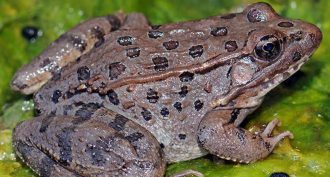 Genetics
GeneticsWhy some frogs can survive killer fungal disease
A disease is wiping out amphibian species around the globe. New research shows how some frogs develop immunity.
-
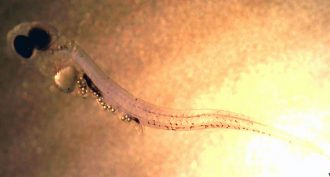 Environment
EnvironmentUh oh! Baby fish prefer plastic to real food
Given a choice, baby fish will eat plastic microbeads instead of real food. That plastic stunts their growth and makes them easier prey for predators.
-
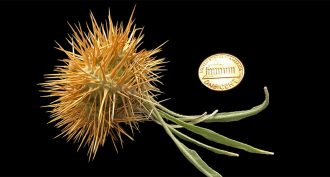 Plants
PlantsNew species of terrifying tomato appears to bleed
A new species of Australian bush tomato bleeds when injured and turns bony in old age.
-
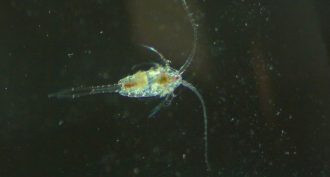 Animals
AnimalsEating toxic algae makes plankton speedy swimmers
After slurping up harmful algae, copepods swim fast and straight — making them easy prey for hungry predators.
-
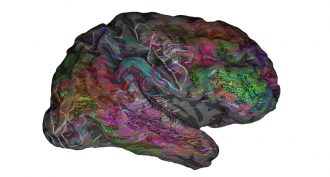 Brain
BrainMapping word meanings in the brain
A detailed new map shows that people comprehend words by using regions across the brain, not just in one dedicated language center.
By Meghan Rosen -
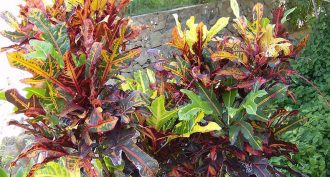 Health & Medicine
Health & MedicineCommon plant could help fight Zika virus
A teen discovered that extracts from leaves of the San Francisco plant (Codiaeum variegatum) kill larvae of the mosquito that helps spread the Zika and dengue fever viruses.
By Sid Perkins -
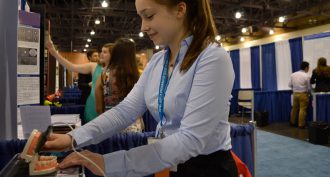 Tech
TechControl a computer with your tongue
Thousands of severely paralyzed people could venture into cyberspace with the use of this new tongue-controlled computer mouse. It was developed by a teen.
By Sid Perkins -
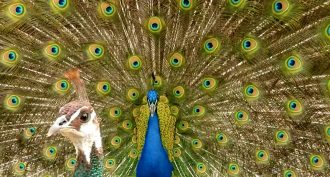 Animals
AnimalsMale peacocks twerk it to bring in the hens
Scientists recorded peacocks with high-speed video cameras to learn the basic mechanics behind the shows they put on for peahens.
-
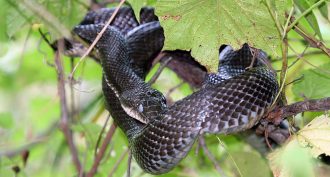 Animals
AnimalsSnakes go dark to soak in the sun
Snakes are paler in the South and darker in the North. The darker species absorb heat more quickly, a teen showed.
-
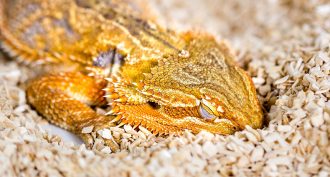 Brain
BrainDragons sleep like mammals and birds
Lizards seem to alternate between two sleep states, just as mammals and birds do. This finding could change our understanding of how sleep evolved.
-
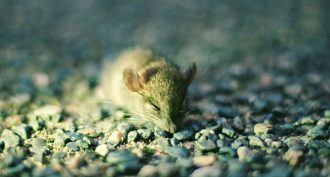 Brain
BrainA ‘cocktail’ in the brain can trigger sleep
A new study finds that a ‘cocktail’ of chemicals in the brain can directly cause mice to fall asleep or waken.
-

Taking science to the track
An athlete took on science research with a few friends and a heart monitor.